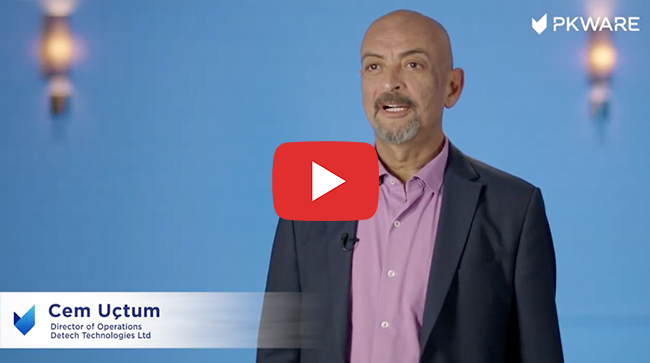Maintain Control Over Financial Data
Next-Generation Security
The business world relies on data as its lifeblood, but when sensitive data falls into the wrong hands, the consequences can be catastrophic for organizations and individuals alike. In response, governments and regulatory bodies worldwide have introduced stringent compliance mandates, particularly for banking and financial services companies, to protect this critical currency: data.
Laws such as GDPR, CCPA, PCI DSS, and industry-specific mandates demand higher standards of protection for personal and sensitive data. For banking and financial organizations, achieving sustainable compliance starts with comprehensive visibility into the sensitivity and location of data, coupled with automated, organization-wide controls to safeguard it. Ensuring compliance isn’t just about meeting regulations—it’s about fostering trust and security in a rapidly evolving digital world.
PK Protect is the only data security platform that truly discovers and protects sensitive data across all environments – Gartner
PK Protect for Financial Services
Continuous Protection for Records and Data Elements
Cybersecurity and personal data protection mandates are continually being revised as technology expands and improves. PK Protect adds additional protection by identifying data that can and/or should be archived or deleted based on policy, age, or lack of use.







